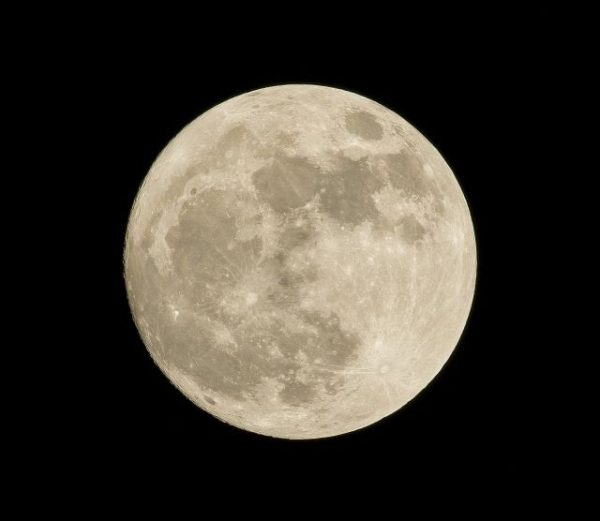Paso Robles compost used in lunar tests
 Texas A&M uses Paso Robles-based Black Diamond VermiCompost in Lunar Regolith Simulant testing
Texas A&M uses Paso Robles-based Black Diamond VermiCompost in Lunar Regolith Simulant testing
– Paso Robles-based Black Diamond VermiCompost is playing a role in lunar regolith testing conducted by the team at Texas A&M University. Jess Atkin, an R & D specialist at Texas A&M College of Ag and Life Sciences, selected Black Diamond VermiCompost for ongoing experiments aimed at growing food in lunar soil, also known as Moon Dust.
“I am thrilled to have been part of ongoing testing of growing food in Lunar Regolith, or Moon Dust. I was contacted months ago by Jess Atkin, the R & D on the lunar regolith testing. She looked at all vermicomposts on the market and chose mine,” said Cristy Christie, owner of Black Diamond VermiCompost.
In response to the challenges of cultivating plants in space, the Texas A&M team is exploring methods to grow plants on the Moon. The goal is to reduce dependence on packaged foods, limit the need for resupply missions, and extend the duration of space missions.
The research involves the cultivation of plants in a substance that mimics lunar soil, known as Lunar Regolith Simulant (LRS). Elements such as Arbuscular Mycorrhizal Fungi (AMF) and Vermicompost (VC) from Earth are incorporated to create a fertile environment supporting plant growth. These additions not only enhance soil quality but also help plants cope with stress and reduce the uptake of harmful substances.
Chickpeas were successfully grown in up to 75% lunar soil simulant mixed with AMF and VC under controlled conditions. Despite apparent stress in plants grown in higher concentrations of lunar soil, those in 100% lunar soil with added AMF exhibited a two-week survival extension compared to those without AMF.
The experiments, spanning 120 days, utilized Lunar Regolith Simulant to replicate lunar conditions. The soil was blended with Vermicompost (Black Diamond VermiCompost, from Paso Robles) and Arbuscular Mycorrhizal Fungi (AMF) (Mycoapply, of Grants Pass, Oregon). The research team closely monitored plant development, from seed germination to full maturity.
The study revealed challenges in the 100% LRS soil, hindering water absorption initially. While all seeds sprouted by day 16, plants in higher LRS concentrations showed signs of struggle. Evaluation after 21 days indicated issues with the 100% LRS soil, leading to soil sealing and rapid vertical growth.
Fungi-treated plants exhibited improved color around week seven, suggesting the beneficial role of fungi. By week 10, plants without fungi began aging, while fungi-treated ones initiated flowering. Seed production occurred exclusively in fungi-treated plants, albeit with delayed maturation.
Despite promising outcomes, signs of chlorophyll deficiency were observed in all plants within lunar soil. Investigation into the impact of different lunar soil compositions on plant growth unveiled varied responses.
The data presented is preliminary, aligning with open science practices, and the research team anticipates providing more detailed information in the future. These findings offer valuable insights into the responses of plants and microbes to lunar soil substitutes, underscoring the crucial role of AMF in enhancing plant resilience under challenging lunar conditions.
Click here for more information about the tests.











